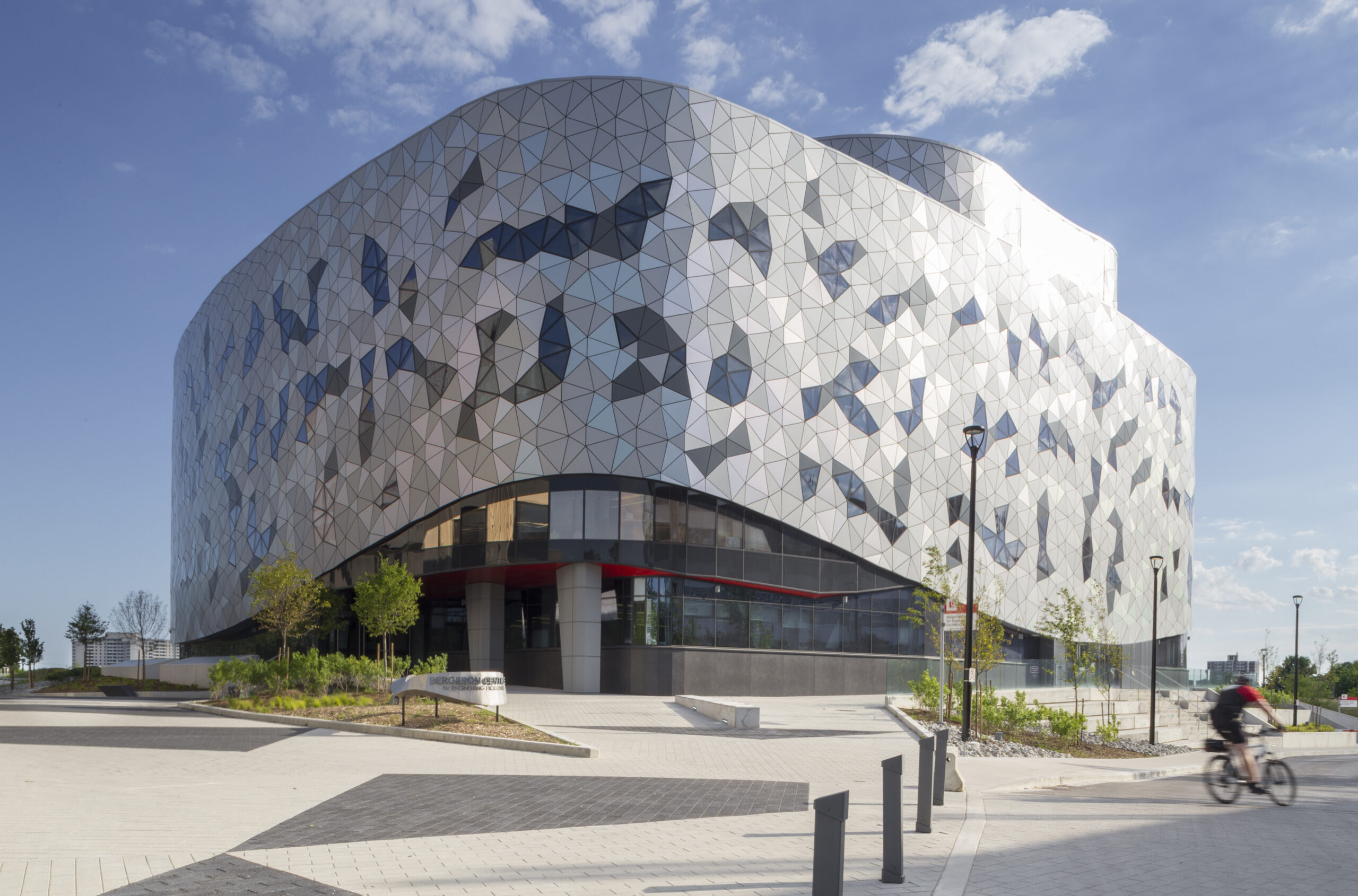Two Lassonde Professors receive DAS Award

Associate Professor Gene Cheung and Professor Aijun An, both from the Department of Electrical Engineering & Computer Science, are two of only 125 recipients of the Natural Sciences Research Council (NSERC) Discovery Accelerator Supplement (DAS).
The DAS Program, valued at $120,000 over a three-year term, provides substantial and timely resources to researchers who have an established, superior research program that is highly rated in terms of originality and innovation, and who show strong potential to become international leaders within their field.
Read below for more information on the professors’ respective projects.
AIJUN AN
Currently, there is a growing demand for real-time online analysis and learning of big data streams to support fast decision making in dynamic environments such as fraud detection, image recognition and news recommendations.
However, there are many challenges in online learning of big data streams, such as algorithms being constrained by space and time, unknown dynamics of evolving streaming data (known as concept drift), and unpredictable data flow and resources.
Professor An’s proposed program is the adaptive online mining of big data streams. The objective of this research program is to accelerate machine learning programs and make them work in an online fashion.
This will also help improve the speed and effectiveness of Artificial Intelligence as machine learning is a major component of their systems. It will allow AI to be more effectively used in resource-restricted devices such as mobile and IoT devices.
The award, in addition to the NSERC Discovery grant, will allow An to hire more graduate students or post-doctorates to work on the proposed research.
“Our research will have a wide range of applications in various fields, for example, fraud detection in real-time, image recognition in a dynamic environment and news recommendation on dynamic content with dynamic user profiles,” says An.
GENE CHEUNG
This award comes at an opportune time for Cheung as he recently relocated here from Japan in 2018. He plans to use the grant to build out his Toronto-based Graph Signal Processing (GSP) research group, enabling him to hire more post-docs and graduate students.
Professor Cheung’s work focuses on the processing and analysis of discrete signals that reside on irregular data kernels described by graphs. It generalizes the spectral analysis tools like Fourier Transforms and wavelets used for processing of audio and images on regular data kernels to modern signals that appear on graph structures, such as data networks and social networks.
This set of new mathematical tools has wide applications, including 3D imaging, communication, machine learning and data mining.
In the last few years, GSP has impacted image processing applications such as image compression, image denoising and image deblurring and has generated interest among industry partners.
Cheung is in the process of finalizing collaboration agreements with Huawei, InterDigital and Cisco and currently collaborates with Japanese communication company NTT and Australian virtual reality research and development company, Kandao Technologies.
“We hope the long-term impact of our fundamental work on GSP goes beyond harmonic analysis in mathematics and will be felt across multiple engineering disciplines,” says Cheung.
For more information on the grant, visit the NSERC website.